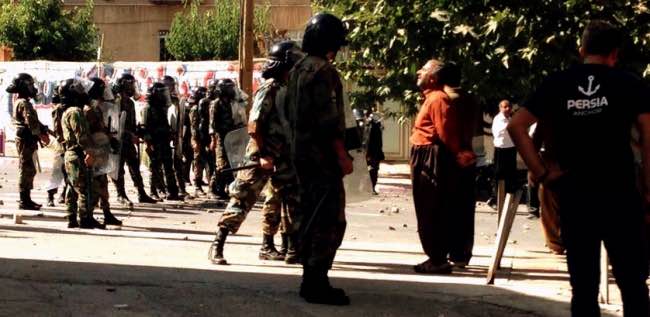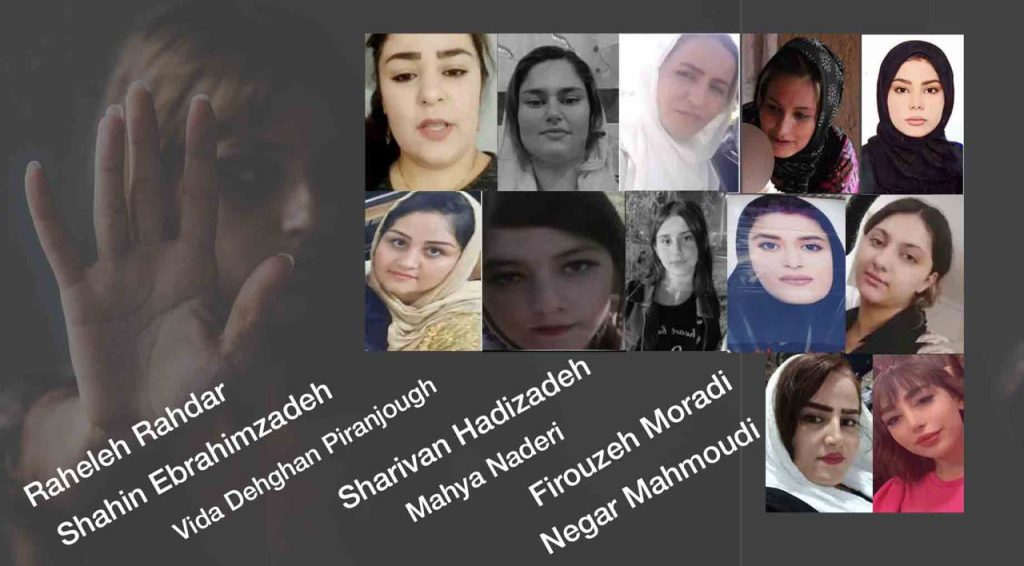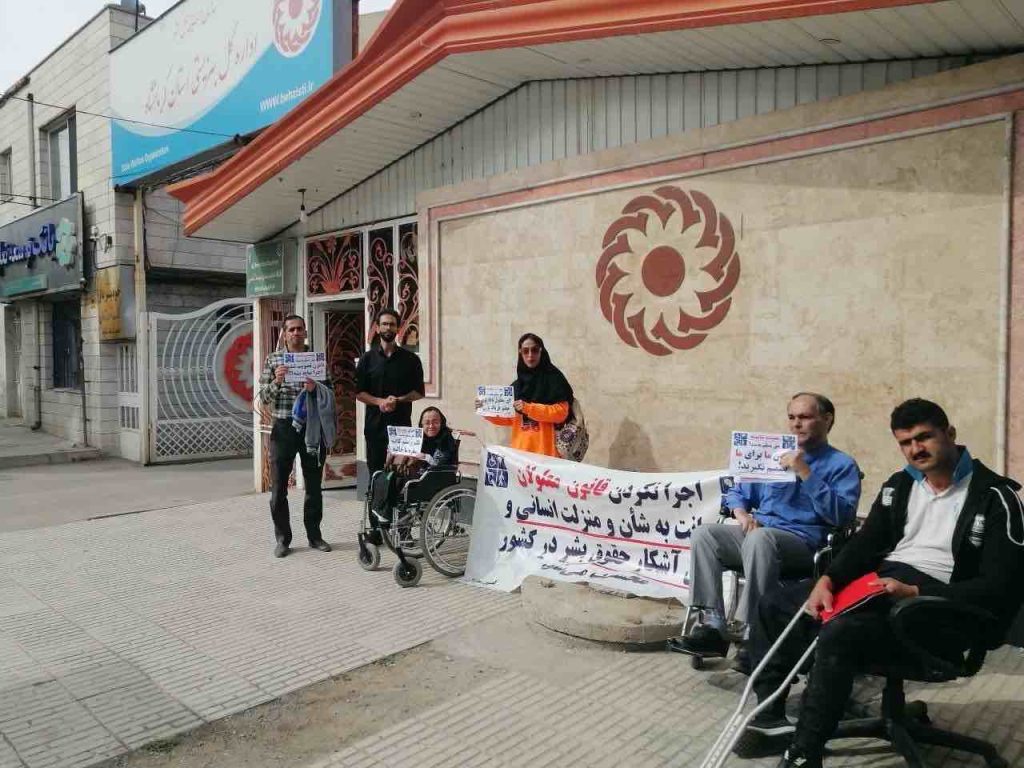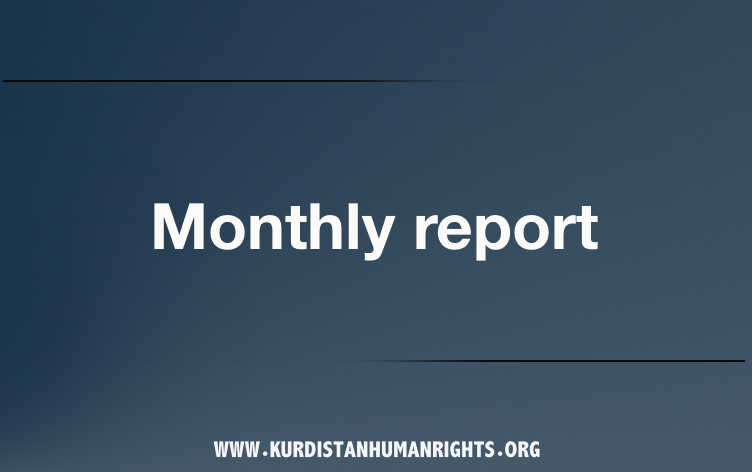Since the victory of the Islamic Republic of Iran’s Revolution, Kurdistan has always witnessed massive civil protests for various reasons.
Recent protests concerned the execution of political prisoners, support for the referendum on the independence of the Iraqi Kurdistan, Iran’s attack on the headquarters of democratic parties in the Kurdish region, the high rate of inflation and education reformation.
According to Article 27 of the Constitution of the Islamic Republic of Iran, it is not illegal to hold gatherings and demonstrations provided that “no arms are carried out” and “the assemblies are not detrimental to the fundamental principles of Islam“. However, various security institutions have always reacted sharply to these protests by threatening, summoning and arresting many civil and guild activists.
In recent years, the clashes between security agencies and activists in different areas has not only decreased but also it has become more intense since late last summer.
Findings of the Kurdistan Human Rights Network (KHRN) indicate that widespread strikes in various cities of Kurdistan in protest to the execution of four political prisoners known as Zanyar and Loghman Moradi, Ramin Hossein Panahi and Kamal Ahmadnejad in addition to the missile attack of the Islamic Revolutionary Guards Corps (IRGC) on the headquarters of the Kurdish parties in the Kurdistan region have led to the questioning or even dismissal of senior officials of security institutions in several cities in Kurdistan.
According to reliable sources, the Director General of the Sanandaj intelligence Office has changed while new security forces have been deployed to various cities of Kurdistan over the past few months. The new agents have summoned and interrogated more than a hundred civilians in various cities of Kurdistan such as Marivan, Saqqez, Kamyaran, Sarvabad, Baneh and Sanandaj to increase the atmosphere of fear in these cities in addition to finding more information about former political prisoners and civil activists.
A number of the interrogated activists have told KHRN that the interrogators initially engaged them in a debate over various political issues in Kurdistan and then threatened them to avoid carrying out any political activity. Although most of these activists have been released after several hours or several days of interrogations, some activists are still in detention.
Moreover, the IRGC agents have also summoned some of these individuals separately.
During a number of interrogations, interrogators have threatened to kill civil activists while arguing that other plans such as physical removal through fake scenarios, car crash, etc could be placed on the agenda of security agencies to reduce the pressure of international human rights organisations on Iran regarding the arrest of civil activists.
In addition to the security measures by the Ministry of Intelligence and the IRGC, forces of Sabrine Special Unit have been deployed to the cities of Baneh, Sardasht, Piranshahr, Oshnavieh (Shno in Kurdish), Kamyaran, Paveh and Jawanrood. It has been announced that the main task of these forces is “Destruction of members or affiliates of Kurdish parties”. These forces patrol with plain clothes in areas where opposition from Kurdish parties is likely to be present and their operational teams have been stationed around the mountains of Qandil, Kosalan, Dalaho and the border cities of Marivan, Piranshahr and Shno.
One of the former members of the IRGC in Orumiyeh has told KHRN that “Given the fact that from the areas of Maku to Shaho are considered as the operational area of the Hamza Sayyid al-Shohada headquarters, the Sabrine unit is under the operational supervision of IRGC and these forces have been equipped with heavy armoury including chemical weapons four use in sensitive situations.”
“Previously, due to the prolongation of conflicts and the impossibility of capturing the strategic spots of Qandil Mountains, masks have been distributed among the IRGC forces to use in case the use of chemical weapons turned into the last resort due to the resistance of oppositions.”, this former IRGC member, who was also present in the IRGC conflicts with the forces of the Kurdistan Free Movement Party (PJAK) in Qandil in 2011 stated.
A number of villagers around the Shaho Mountains have told KHRN that the IRGC has deployed its advanced equipment in Shaho. According to the villagers, these heavy and modern equipment were transferred to the IRGC bases at Shaho heights at the time of Muharram 2 manoeuvre.






